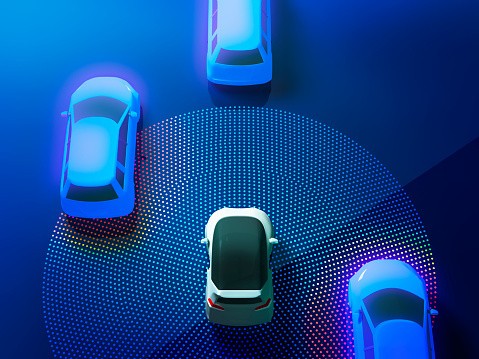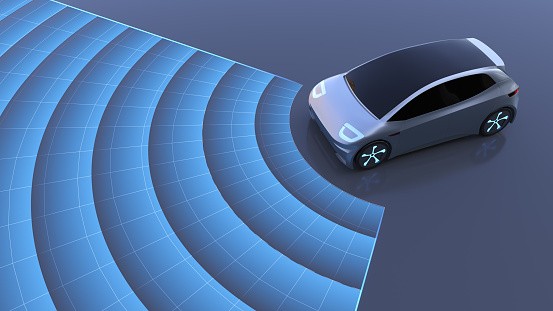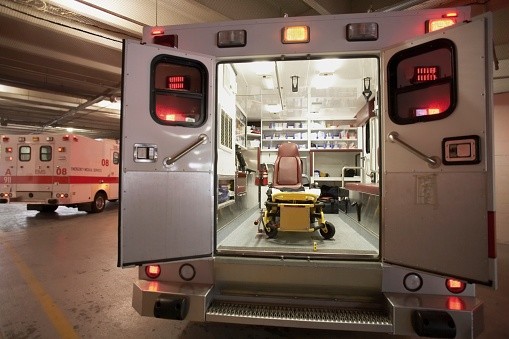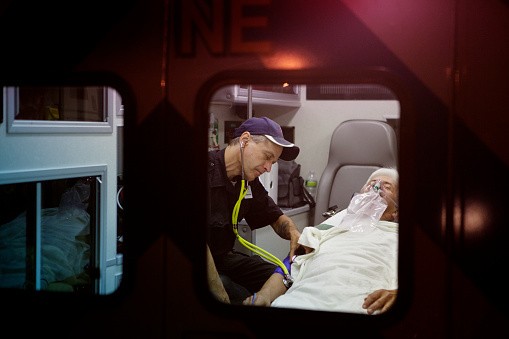Autonomous vehicles are now more or less a reality, with companies such as Tesla leading the race to develop even more advanced versions. But what people don't know is how big the potential of using these self-driving cars in healthcare is.

In fact, the Mayo Clinic has already used autonomous vehicles to help them deliver COVID-19 swab tests, working with the self-driving tech provider Beep, according to HealthTechMagazine.
Here's what you should know about the use of these vehicles in the medical field: how they're helping now, and how they can help within the foreseeable future.
Autonomous Vehicles Can Deliver Prescriptions
Prescriptions will always have to be exact, and healthcare providers will also have to make sure that the patients actually take their medication.
Aside from this, using autonomous vehicles to deliver prescriptions also has the potential to reach far-flung areas and reduce the risk of danger for patients such as the elderly.
A fleet of self-driving cars are actually already being tested by CVS Pharmacy to deliver prescriptions in Houston, reports CNBC. Deliveries are made free of charge, and patients can only get their medicines if they unlock the vehicle by verifying their identification.

In the future, there is hope that autonomous vehicles will be able to cover a much larger area. Furthermore, the pilot program by CVS is also serving as a test to see how people react to the service as a whole.
Self-Driving Ambulances
One might be a little concerned over the idea of a self-driving car being used as an ambulance. There's a good reason why humans are trusted with driving ambulances: they can completely disregard traffic rules because they are in an emergency.
However, a few proponents of using autonomous vehicles as ambulances are saying that the tech can help in one big way: by letting the staff focus on treating the patient more closely.

For now, companies such as Beep are working with the authorities to try to exceed the tech restrictions on autonomous vehicles.
With things like this in mind, companies are already testing out the idea. One of them is Volkswagen, who recently introduced their concept of a self-driving ambulance called ID Buzz, reports InsideEVs.
There's not a lot of details about the specifications, but Volkswagen is planning to release a production model by next year, then have it fully operational by 2025.
Autonomous Vehicles And A Rapidly Aging Population
According to HealthITOutcomes, the use case for autonomous vehicles in healthcare is very obvious because of America's rapidly aging population.
With nobody behind the wheel, healthcare providers will again be able to focus more on providing actual medical attention instead of having to focus on the road at the same time. This in turn can provide the elderly quicker, easier access to medical transportation when needed.

This is going to be incredibly useful given the fact that elderly adults are projected to outnumber children by 2035, according to the United States Census.
This article is owned by Tech Times
Written by RJ Pierce
ⓒ 2026 TECHTIMES.com All rights reserved. Do not reproduce without permission.




